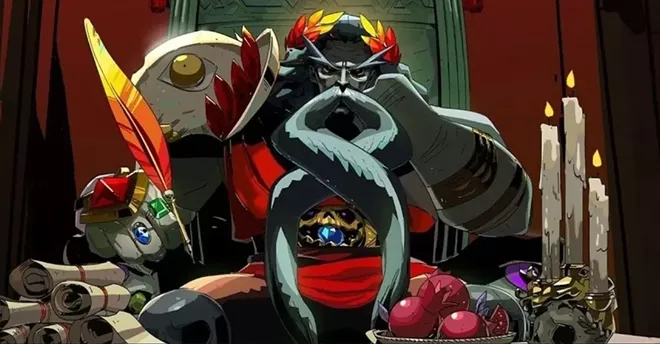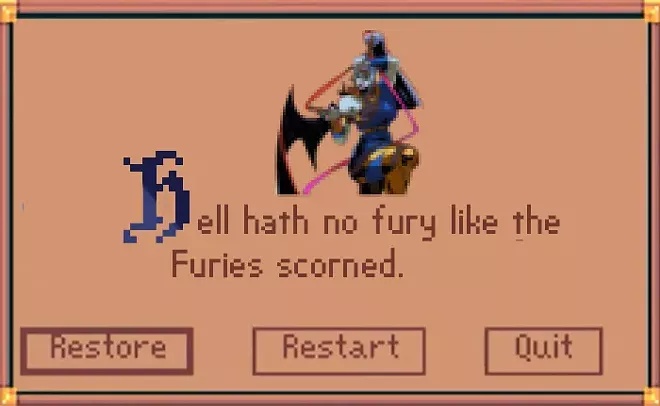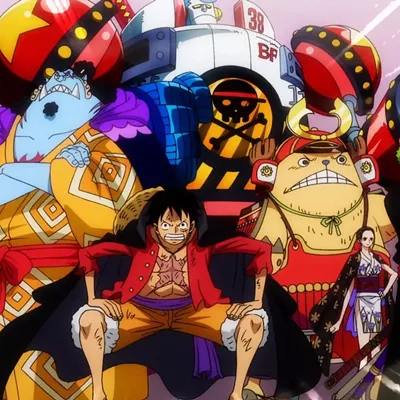Some video games treat death like Halloween — a spooky threat that shrieks "boo!" around every shadowy passageway.
Others treat death like Christmas: kill a boss, get showered in presents.
But Hades — the critically acclaimed action game where Zagreus, the son of the Greek god of the underworld, tries to run away from home — is maybe the only game that treats death like Thanksgiving. All death means is you get dragged back home to hang out with your dad and his side of family, and listen to him lecture you about how you should be more grateful.
Hades won a ton of "Game of the Year" 2020 awards and a Nebula Award for Games Writing in part because it dealt with death and failure in such an interesting way.
"The language we used ourselves during the development was to 'Take the sting out of failure,'" Kasavin says.
For about an hour, we chatted about the game's unique approach to death, storytelling, the pandemic and what's the deal with Sisyphus.
"It's a final boss with like, three freakin' phases," Kasavin says. "It's like: final boss. Final stage. Him or me. One more hit. And he got me."
Kasavin refrained from throwing the controller — controllers are expensive, after all.
"I calmly turned the power off, removed the game from the Nintendo Entertainment System and never played it again," he says. "Like: That's it. I'm not doing any of that again."
He's thought a lot about this.
"Hades is our fourth game at Supergiant," Kasavin says. "I think all of our games have sort of been concerned with this moment of failure."
The company's first game, Bastion, won praise for the way their unseen narrator, who talks with a dusty Sam Elliott vibe, reacts to the player's actions. Say you accidentally roll off the edge of the platform during the opening few minutes of the game, swiftly plummeting out of sight.
"And then, he falls to his death," the narrator says, pausing for a beat before adding, "I'm just foolin'."
And then the scene rewinds, with the main character plopped right back to where he fell off to begin with.
Often, there's a tension that the snootiest culture critics call "ludonarrative dissonance" — where a game's story and gameplay contradict. You gun down thousands of enemies while you're controlling the character, say, while in the cutscene your character is worried about being framed for a single murder.
Death is the same way.
But in reality, those "death scenes" are just setbacks and frustrating failures. It's an analogy, essentially.
"The metaphor is so severe, right?" Kasavin says. "'You died,' like something horrible happened, even though what happened was something very basic, something that happens to us every day: You know, minor mistake. 'Oh, I signed on the wrong line,' something like that. Games do that to try to be dramatic."
"There's a degree of escapism and fantasy wish-fulfillment that games can provide, right? And some of that is around death, and the idea that death is kind of more of a nuisance than this final mistake, this final status," Kasavin says. "We can come back from it."
To a seasoned player, a death is a way to reflect on what they got wrong, Kasavin says, and figure out where to go next time.
So for Hades, Kasavin wanted to make Zagreus experience that same sensation, too. Being a denizen of the underworld, every time he dies he washes right back up on the banks of the Styx on the doorstep of his dad's house.
"What we find really fascinating about that genre is it is about failure and learning," Kasavin says. "Personally, there's something like deeply, deeply true to life about roguelikes because they're just about managing randomness and chaos. What is that if not, our day-to-day experience."
But to pull that off, the game has to be unreasonably difficult at first, he points out. Otherwise skilled players could just run through the whole game in one blow, never experiencing the randomness it has to offer.
"The consequence of that, of course, is they can be super frustrating," Kasavin says. "So then they run into this friction where, if they piss you off to such an extent, you quit playing."
It's a nice way of adjusting the difficulty curve.
Better yet? It's when you get booted back to your base camp that you have an opportunity to have the conversations that make up the bulk of the game's story.
"We definitely saw players, like, connect their experience in the pandemic to Hades. ... Suddenly their day to day circumstances felt even more reminiscent of what Zagreus was going through," Kasavin says. "The kind of Sisyphean struggle of Zagreus... that's metaphorical across many aspects of our lives, right? It could be a job that we hate. It could be, you know, just getting up in the morning and not wanting to do what you have to do. The pandemic made it seem very literal, because here's this guy who's like, actually trapped inside trying to get outside. We couldn't have planned for that."
And just to underscore the "Sisyphean" point, Sisyphus himself — and the boulder he's been cursed to roll uphill for an eternity — shows up. But Sisyphus, in this game, doesn't seem particularly ruffled by being yoked to eternal torture.
The Inlander was certain that this was a reference to French philosopher Albert Camus's famous line that "the struggle itself toward the heights is enough to fill a man's heart. One must imagine Sisyphus happy.”
Nope, says Kasavin. It was just a coincidence. He hadn't seen the quote before designing the character and 78 years apart, a French absurdist and a San Francisco video game writer had taken a look at the same character and come to the same counter-intuitive conclusion.
"From the myths, we know that they've just been tortured, gone through hell," Kasavin says. "It's like: Is it possible that things turned out alright for them?"
So when, toward the end, Zagreus finally finds his mom Persephone, Kasavin decided to make her as wonderful as he was expecting.
That doesn't mean the story is over. With each death, and with each victory, Kasavin gives the player a little more narrative.
Instead of heightening the conflict between Zagreus and his dad, Hades slowly chips away at their animosity.
"It's this kind of hypothesis, given limitless time and immortality," Kasavin says. "They can beat each other up all they want, but it doesn't really do anything. In the end, they have to work through their problems in what I would call the hard way: By talking about it and sorting things out. They're stuck together."
Appropriate, then, that the Hades epilogue involves delivering invitations to the entire Greek Pantheon, all of Hades' and Persephone's relatives on both sides of their family, to invite them to a big feast.
Sort of like Thanksgiving.



























